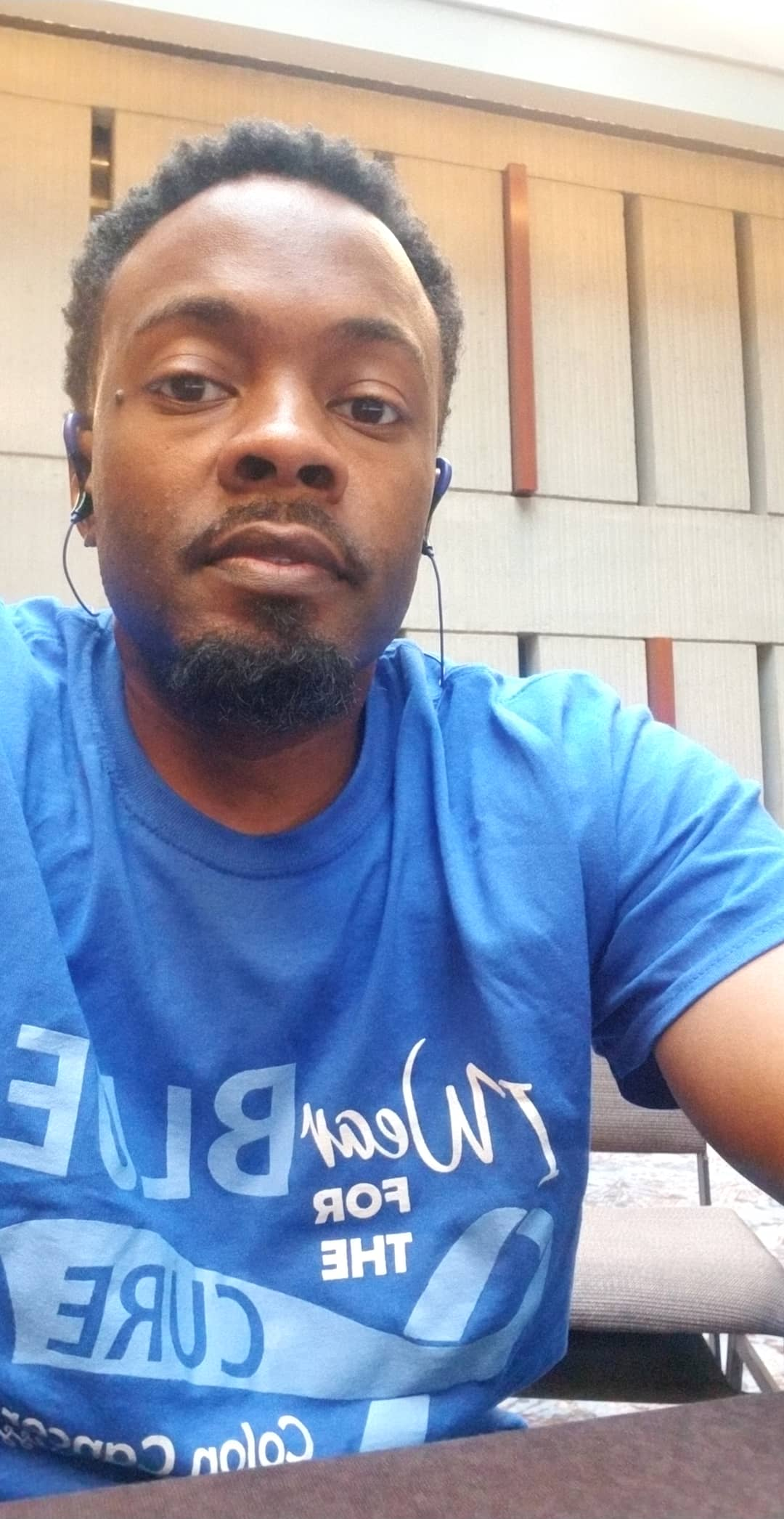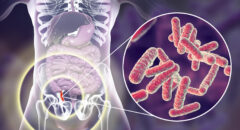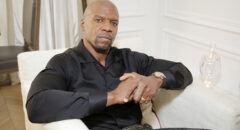
Deondre Williams is a shining example of strength and resilience in the face of adversity. As a survivor of colon cancer, he has not only overcome the disease but has also dedicated himself to raising awareness and advocating for early screenings and detection in the community. His journey began in 2017 when he noticed blood in his stool, a common symptom of the disease. Initially, he ignored the signs and attributed them to hemorrhoids, but it was his wife who urged him to seek medical attention.
“I ignored it; it was like I diagnosed myself with hemorrhoids,” Williams says adding that he used Google as a resource. “All those options pop up, until you have all these different causes or potential threats. I chose hemorrhoids. After ignoring it for the first two weeks, all I did was change my work routine. The job that I had was very physical, so I assumed that maybe I strained along the way lifting weights.”
After giving his body two weeks of rest, and engaging in light activities such as walking, the bleeding ceased. Unfortunately, it returned two weeks later, this time much heavier.
“After it came back, my wife was the one that kind of pushed it, to be honest. Because I was still going to be stubborn,” Williams says of his decision to seek medical attention. “I still wasn’t compelled to go and get a colonoscopy because, in my eyes at 35, cancer was the last thing on my mind.”
After further examination and testing, Williams received a diagnosis of stage 2 colorectal cancer. Fortunately, Williams, who is currently cancer-free and has no evidence of disease, did not require chemotherapy or radiation. Instead, he underwent surgery to remove the cancerous polyps and shifted his focus to changing his diet and lifestyle to promote better health. He also joined forces with the Colorectal Cancer Alliance (CRC) where he received support and connected with others who had experienced similar challenges.
Williams has also undergone a profound change in perspective following his battle with cancer.
RELATED: Know Your Risk: 10 Things Blacks Need to Know About Colorectal Cancer
“When cancer was knocking, it was like, ‘Now I really don’t know what’s going to happen.’ And because of that, I can no longer waste time on any foolishness. I can no longer waste time on all the things that I would have put to the side and said, ‘I’ll do it later.’ There is no ‘do it later’. It is just take action now,” Williams adds.
He now prioritizes his health, both physically and mentally, and has embraced a cleaner lifestyle with a focus on holistic practices.
“I never really had bad eating habits, or at least I thought so. I didn’t know how much processed foods were affecting our insides. I didn’t know how damaging processed foods were until cancer came, and then I started doing my research. I realized that grabbing a sandwich here and there, indulging in fast food, or opting for convenience store sandwiches were damaging to our core. I indulged in these habits so much that, in my eyes, they were the cause of me being in this position, aside from the fact that my dad also had colon cancer,” Williams shares.
Williams believes that most people “create habits that can be changed and altered based on re-creating.”
“That’s what I’m doing now. I’ve eliminated pork from my diet and focus on baked fish, chicken, and lots of vegetables. Every now and then, I indulge in chicken wings because that’s my weakness. I have also incorporated detoxing and cleansing into my








